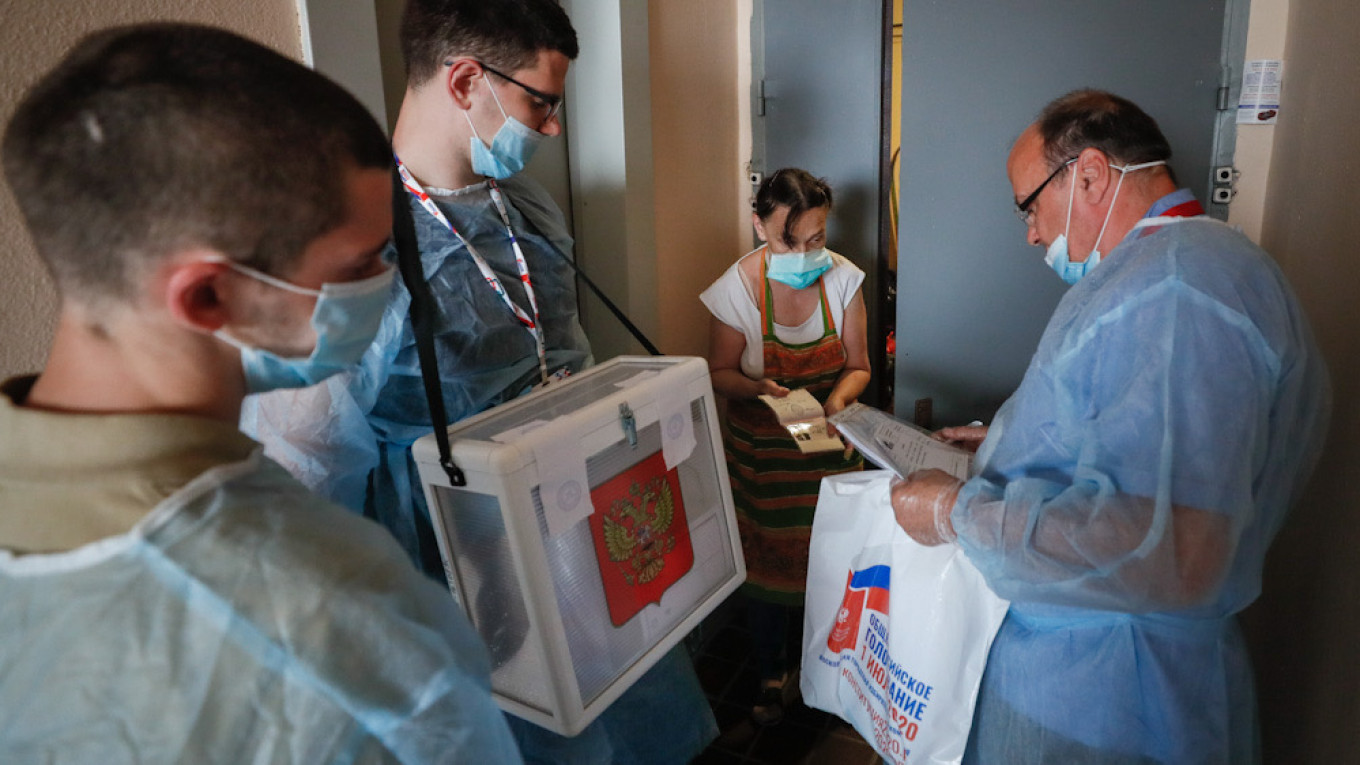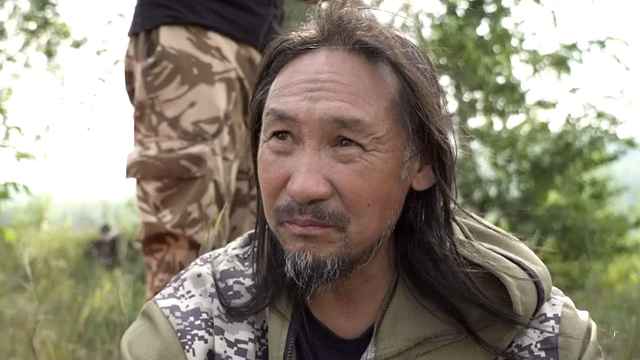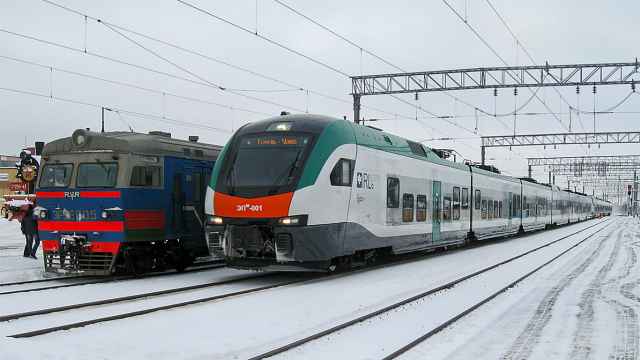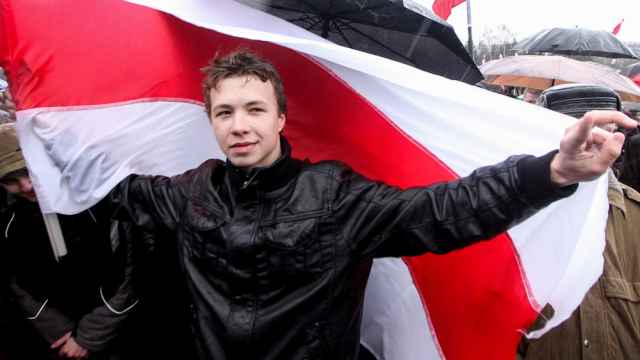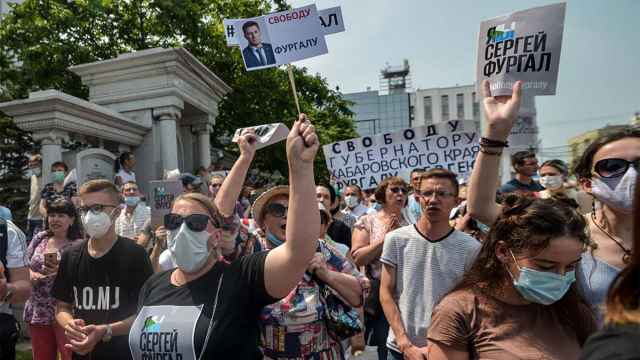Probably this spring, but no later than next fall, Russia will stage a major celebration of democracy — federal parliamentary elections. Until recently, these elections were essentially an exercise in which President Vladimir Putin demonstrated to the Russian people that there were no alternatives to the current ruling authorities.
However, that formula had begun to fall apart by 2019-2020. Sociologists now find that United Russia has only a 30% popularity rating and that voters are prepared to vote for anyone but the incumbents who have held onto power so long, and with so few results for the country.
In fact, bigwigs have been falling across the country. Magomet Yandiev, a virtually unknown socialist-revolutionary, beat the respected incumbent Valeria Kasamara for a seat in the Moscow City Duma. Russian citizens everywhere have been delighted to follow the political career of cleaning-woman-turned-politician Marina Udgodskaya, who won an election in the Kostroma Region, replacing a minor local leader who had been in power for what seemed like an eternity.
The Kremlin still controls major regional campaigns and plans to install its proxies in every single gubernatorial post. But it is doing so by forcing out every alternative candidate in a campaign of terror that risks provoking the kind of mass protests that erupted in Khabarovsk.
The lessons of the previous decades should have taught the Kremlin to embrace a certain political flexibility. That is, to introduce several new parties, let a few ostensibly independent candidates win Duma seats, and then consolidate the whole thing based on personal loyalty to the president.
However, the era of political games is over. Now, leaders are opting for a hardline militaristic and patriotic approach. In other words, the Kremlin is once again betting on the inevitable triumph of United Russia at a time when most Russians abhor what opposition leader Alexei Navalny famously referred to as “the party of crooks and thieves.”
The Meduza news website reported that officials from the presidential administration held a closed meeting with 50 State Duma deputies. There, they issued instructions to secure a constitutional majority in the 2021 elections, meaning that the deputies must retain at least two-thirds of the current parliamentary seats to preserve the current configuration of political factions. Apparently, Kremlin leaders are convinced that a triumph of the party faithful will demonstrate the unity of the Russian people and instill fear into western hearts.
Two things are worth noting here.
First, the election campaign has de facto begun, as demonstrated not only by the secret meetings of the presidential administration, but also by the casting call for candidates. New parties designed to meet the political yearnings of Russian conservatives and liberals, sofa-bound Donbass militants and those who dream of a European choice for Russia are off to a slow start.
In the end, they might all be disappointed because all roads might very well lead to United Russia. At the same time, the current deputies are vying desperately with each other by putting forward ever more idiotic bills in hopes of “making the cut” in the eighth convocation of the Duma.
Second, the bid for United Russia to gain a constitutional majority is diametrically opposed to the will of the people. Striving for a consensus based on support for Putin is to imagine that Russia will forever live in the world of 2014, when he enjoyed a wave of support for the “Crimean spring.”
The Kremlin is pushing for a never-ending Belorussian-style grip on power at a time when citizens are hoping for change instead. If orders call for United Russia to clinch a commanding triumph in the upcoming elections, the authorities will have to fudge the tallies no less than the authorities did in Minsk, at the risk of sparking a similar revolt by Russian voters.
A Russian version of this article was first published in Novaya Gazeta.
A Message from The Moscow Times:
Dear readers,
We are facing unprecedented challenges. Russia's Prosecutor General's Office has designated The Moscow Times as an "undesirable" organization, criminalizing our work and putting our staff at risk of prosecution. This follows our earlier unjust labeling as a "foreign agent."
These actions are direct attempts to silence independent journalism in Russia. The authorities claim our work "discredits the decisions of the Russian leadership." We see things differently: we strive to provide accurate, unbiased reporting on Russia.
We, the journalists of The Moscow Times, refuse to be silenced. But to continue our work, we need your help.
Your support, no matter how small, makes a world of difference. If you can, please support us monthly starting from just $2. It's quick to set up, and every contribution makes a significant impact.
By supporting The Moscow Times, you're defending open, independent journalism in the face of repression. Thank you for standing with us.
Remind me later.



